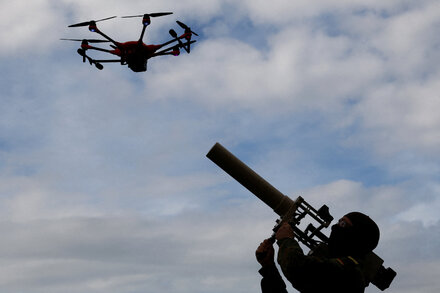UNITED NATIONS – Efforts by Russia and China to prevent or delay the re-imposition of United Nations sanctions against Iran have failed, allowing the so-called ‘snapback’ mechanism to proceed. The move marks a significant diplomatic setback for Tehran’s allies and a major blow to the 2015 Iran nuclear deal, formally known as the Joint Comprehensive Plan of Action (JCPOA).
The ‘snapback’ provision, a controversial element of the original nuclear accord, allows for the automatic re-imposition of all pre-2015 UN sanctions on Iran if the United Nations Security Council (UNSC) determines that Iran has significantly violated its commitments under the deal. Proponents of the snapback mechanism, primarily the United States and several European partners, had triggered the process citing Iran’s continued expansion of its nuclear program beyond JCPOA limits, including increased uranium enrichment and restrictions on international inspectors.
Diplomatic sources indicate that Russia and China, both permanent members of the UNSC with veto power, had actively sought to either block the snapback or introduce resolutions that would delay its implementation. Their arguments centered on the legality of triggering the snapback by parties no longer fully committed to the JCPOA, and concerns that re-imposing sanctions would further destabilize the region and undermine diplomatic efforts to revive the nuclear agreement.
However, these diplomatic maneuvers did not garner sufficient support within the Security Council to halt the process. The failure to delay means that a wide array of international sanctions, including arms embargoes, restrictions on missile technology, and various economic penalties, will be officially reinstated against Iran, reversing years of sanctions relief.
Implications for Iran and the Nuclear Deal
The re-imposition of international sanctions is expected to have severe economic consequences for Iran, which is already grappling with existing unilateral sanctions imposed by the United States. Analysts suggest that the move could further isolate Tehran on the global stage and exacerbate its economic woes.
For the future of the JCPOA, the activation of the snapback mechanism casts a long shadow. Critics of the snapback process had warned that its use could be the final nail in the coffin for the nuclear deal, rendering any future revival efforts considerably more challenging. Iran has consistently maintained that the snapback is illegal and that it will respond accordingly to any new sanctions.
The diplomatic failure of Russia and China underscores the deep divisions within the international community regarding the approach to Iran’s nuclear program and the future of the JCPOA. It sets the stage for heightened tensions and further uncertainty in the Middle East.
Source: Read the original article here.





